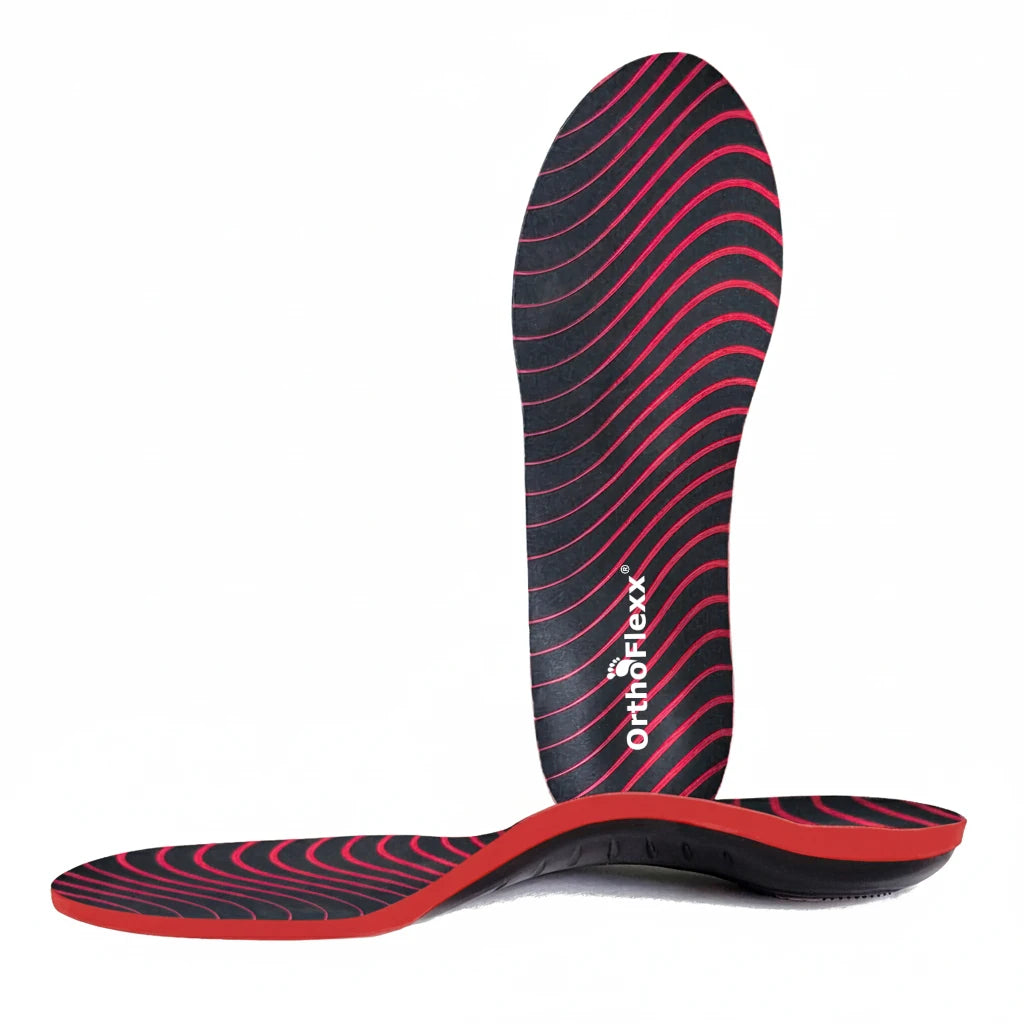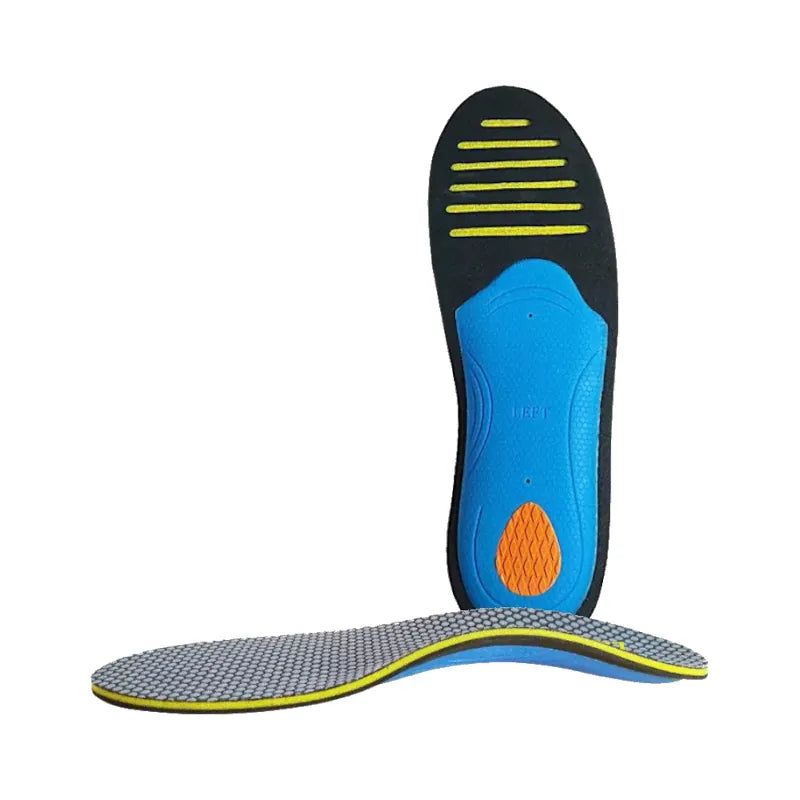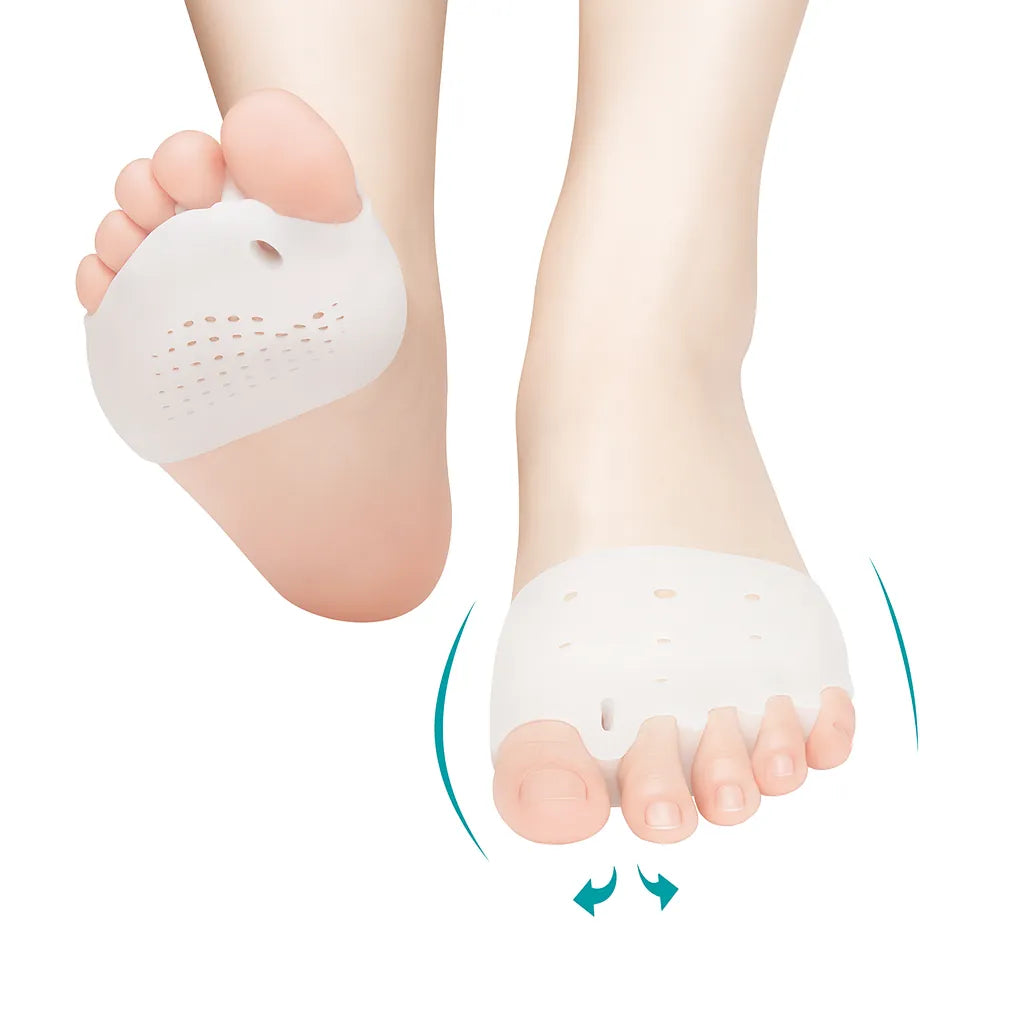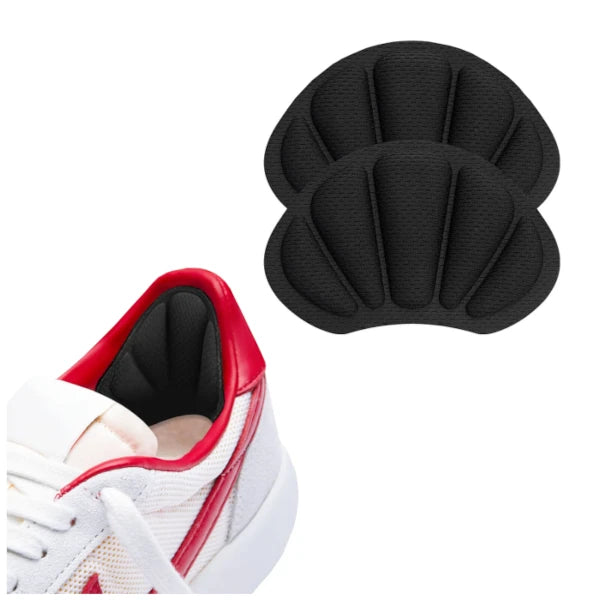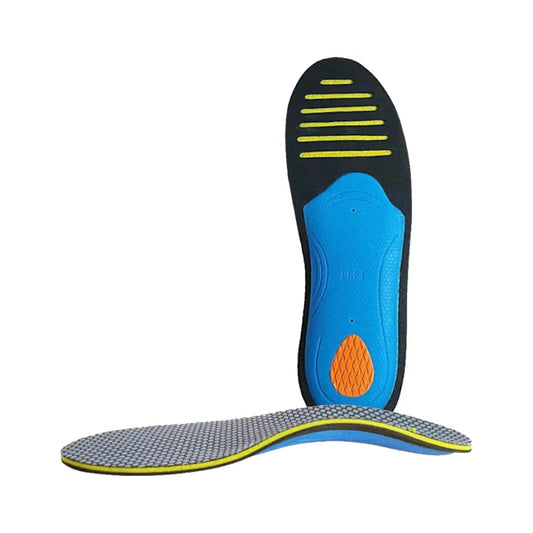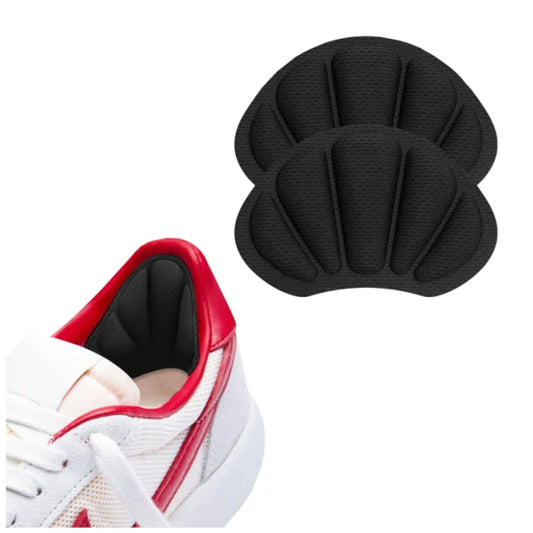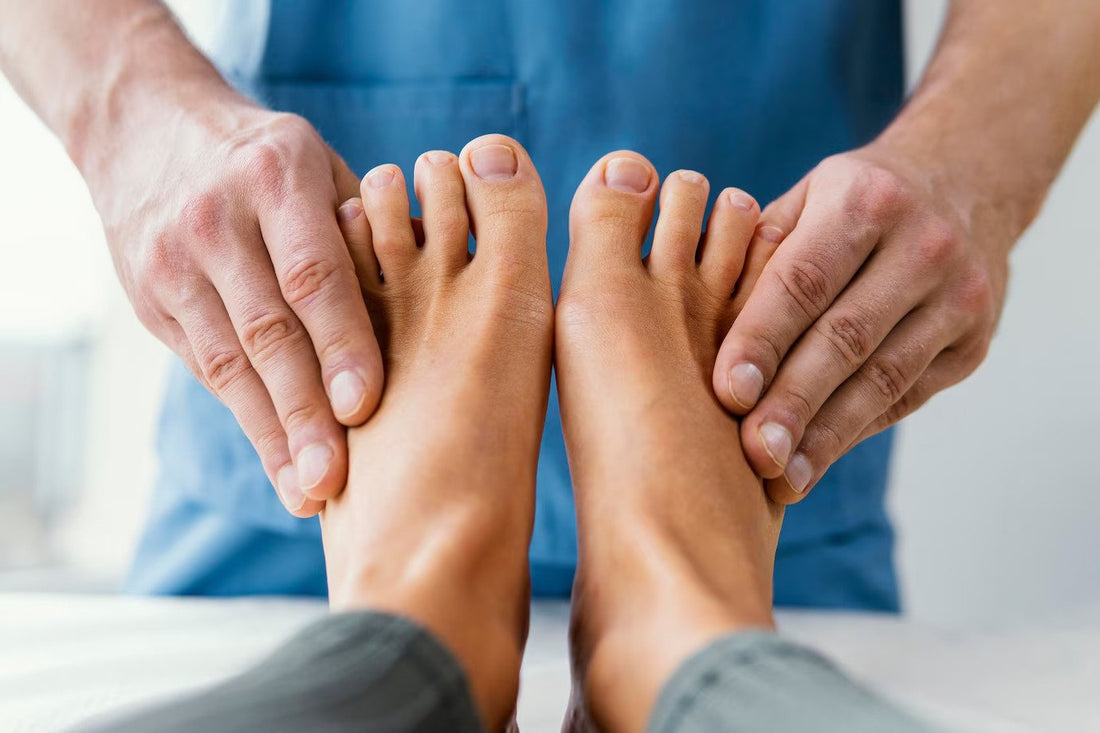
Can you cure Plantar Fasciitis in one week?
Share
Plantar fasciitis can become frustrating since it affects your training and even your daily life activities, especially because it affects the feet - the most difficult part of your body to give a rest. Additionally, the pain is variable which makes it difficult to understand if you are getting better and ready to restart your exercise or not.
Typically, it starts as an ache in the bottom of your foot and is worse in the morning or after a long period of rest, and at the end of the day after all the activities and loads.
There are several things you can do to help relieve the pain of plantar fasciitis and speed up the healing process. You can check them here.The most important treatment to implement is activity modification or restriction.
The time to fully recover from plantar fasciitis is not linear and depends on different factors. If the symptoms are caught early, and you take action soon enough, the recovery can take weeks (1 to 4). You can speed it up by avoiding putting as much additional strain in your heel as possible, as soon as the symptoms start, and opt for low-impact exercises, as these activities keep you active and in shape but do not load your feet and joints.
On the other hand, in other cases, it can take longer to fully eliminate the pain and stiffness and run pain free, affecting the individual from 6 weeks to 6 months. If the pathology turns chronic (3 months since symptoms onset), the recovery time can get up to 2 years.

If the pain doesn’t improve after 1-4 weeks or if it gets worse and you are practising the exercises and precautions to recover, be sure to see your doctor for further evaluation.
Here are some of the factors that can affect your healing/recovery time from plantar fasciitis:
- The length of time that the patient has been feeling heel pain. The more, the longer it will take to recover.
- The damage caused by the inflammation on the fascia. (measured by ultrasound imaging
- The use of adequate orthotics will speed the recovery time.
- The individual’s occupation. People with jobs that require weight bearing activities or long periods of time standing up, take longer to get better
- Body weight
- Non-supportive and inadequate footwear.
Conclusion
In conclusion, nonoperative therapy has proven to be effective in approximately 80% of patients with plantar fasciitis within a period of 12 months. However, it is essential to exercise caution as heel pain may not always be attributed to plantar fasciitis. If symptoms persist despite treatment, it is advisable to seek evaluation from a qualified health professional. There are various potential causes for heel pain, such as stress fractures, heel spurs, and nerve entrapment, among others, which require distinct treatment approaches. The accurate diagnosis of these conditions necessitates a comprehensive assessment, including a thorough history and physical examination. Therefore, individualized and targeted management plans should be pursued based on a proper diagnosis to ensure optimal outcomes for patients experiencing heel pain.
Author Bio

Inês Pinheiro
Certified Physiotherapist for Shoulder and Knee Injuries
Inês is a skilled physical therapist with a special interest and extensive experience in working with athletes, specifically football players and also neurologic patients.
References
- T, L. et al. (2023) How to cure plantar fasciitis in one week, District Foot & Ankle. Available at: https://districtfootankle.com/.
- Plantar fasciitis recovery time (2023) Sydney Heel Pain. Available at: https://sydneyheelpain.com.au/.
- Morrissey, D. et al. (2020) Management of plantar heel pain: A best practice guide synthesising systematic review with expert clinical reasoning and patient values [Preprint]. doi:10.21203/rs.3.rs-36329/v1.
- (2022) A best practice guide for managing plantar heel pain [Preprint]. doi:10.3310/nihrevidence_52045.
- PLANTAR FASCIITIS PROTOCOL (no date) South Bend Orthopaedics. Available at: https://www.sbortho.com/ (Accessed: 23 May 2023).
